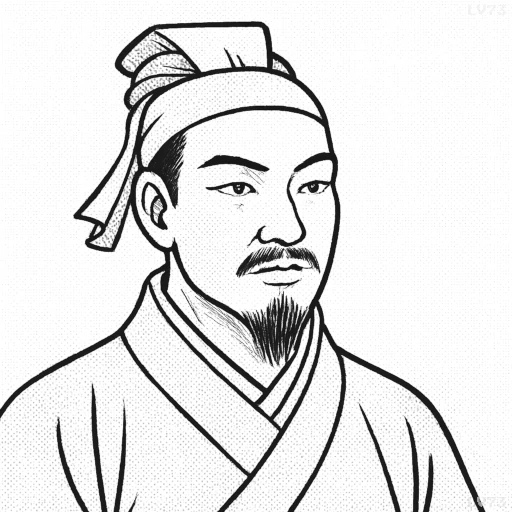“For to win one hundred victories in one hundred battles is not the acme of skill. To subdue the enemy without fighting is the acme of skill.”

- 544 BC-496 BC
- Born in China
- Military strategist, military strategist
table of contents
Quote
“For to win one hundred victories in one hundred battles is not the acme of skill. To subdue the enemy without fighting is the acme of skill.”
Explanation
In this quote, Sun Tzu highlights the highest form of strategic mastery: achieving victory without the need for direct conflict. Winning battles and wars through force is often seen as the conventional measure of military success. However, Sun Tzu argues that the true art of war lies in the ability to subdue an enemy through strategy, diplomacy, or psychological tactics, thus avoiding the costs and destruction of battle altogether. This reflects the principle that the most effective leader is one who can achieve their objectives without ever needing to engage in open combat, thereby preserving resources and minimizing losses. The ability to influence the enemy’s decisions, weaken their resolve, or even cause them to surrender without a fight requires a deep understanding of human nature, psychology, and strategy.
In the modern world, this idea applies broadly in business, diplomacy, and politics. Negotiation and strategic alliances are often preferred to conflict because they can lead to mutually beneficial outcomes without the destructive consequences of war or competition. For instance, Apple’s dominance in the tech industry wasn’t solely achieved through superior products but through a series of strategic partnerships and a dominant brand presence that effectively neutralized competitors like Microsoft and Nokia without direct confrontation. Similarly, in international relations, diplomatic pressure, economic sanctions, or soft power can be used to influence a nation’s behavior without military engagement. The Cold War is an example, where the U.S. and the Soviet Union often engaged in indirect conflict—such as in proxy wars or ideological battles—without ever fighting a direct, full-scale war.
In military history, Sun Tzu’s idea is exemplified by indirect warfare and psychological tactics. During World War II, the Allied deception operations, such as Operation Fortitude, successfully misled Nazi Germany into thinking that the main invasion of Europe would occur in Pas-de-Calais, thus diverting German forces and allowing the Allies to land in Normandy with less resistance. This was a victory without direct fighting, as the enemy was made to act based on false information. Similarly, in modern warfare, cyber attacks, disinformation campaigns, or economic destabilization can be used to weaken or defeat an adversary without the need for physical conflict, showing how Sun Tzu’s philosophy remains relevant in today’s geopolitical landscape.
Would you like to share your impressions or related stories about this quote in the comments section?


